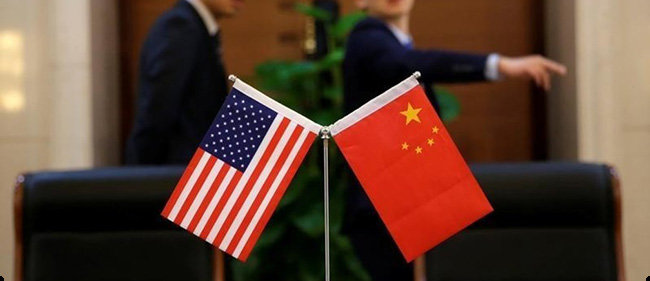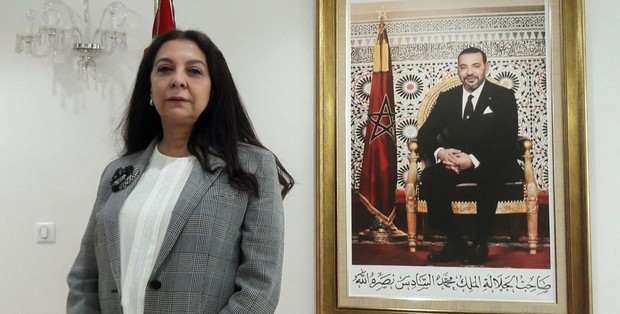The top U.S. military officer held a virtual meeting with his Chinese counterpart on Thursday, the Pentagon said, in the first such conversation in over a year amid hopes by U.S. officials that it could lead to a broader restoration of ties between the two militaries.
The video teleconference followed an agreement between U.S. President Joe Biden and Chinese President Xi Jinping last month to resume military-to-military ties severed by Beijing after then-House of Representatives Speaker Nancy Pelosi visited self-ruled Taiwan in August 2022.
U.S. Air Force General Charles Q. Brown, chairman of the Joint Chiefs of Staff, and General Liu Zhenli of China's People's Liberation Army touched on "a number of global and regional security issues," Brown's office said.
Liu is the chief of the Joint Staff Department of the Central Military Commission (CMC), the military body responsible for China's combat operations and planning.
Pentagon officials say communication between the two militaries is crucial to preventing a miscalculation from spiraling into conflict.
"Gen. Brown discussed the importance of working together to responsibly manage competition, avoid miscalculations, and maintain open and direct lines of communication," Brown's office said.
"Gen. Brown reiterated the importance of the People's Liberation Army engaging in substantive dialogue to reduce the likelihood of misunderstandings."
Brown said last month he had sent an introductory letter to Liu saying he was open to meeting.
Liu said the key for U.S. and China to develop a healthy, stable and sustainable military-to-military relationship is for the U.S. to have a "correct understanding of China", according to a Chinese defence ministry statement late Thursday.
U.S. officials have cautioned that even with some restoration of military communications, forging truly functional dialogue between the two sides could take time.
Some analysts say China seeks ambiguity in defence relations to constrain what Beijing sees as U.S. military provocations in the region.
Washington and Beijing are at loggerheads over everything from the future of democratically ruled Taiwan to territorial claims in the South China Sea. Diplomatic relations are still recovering after the U.S. downed an alleged Chinese spy balloon in February.
On the Taiwan issue, which China deems internal affairs, Liu said Chinese armed forces will resolutely defend state sovereignty and territorial integrity over it.
Liu also asked for the U.S. to respect China's territorial sovereignty, and maritime rights and interests in the South China Sea.
"Be prudent in words and actions, and take concrete actions to safeguard regional peace and stability and the overall situation of China-U.S. relations," he said.
Liu has emerged as the top contender to replace China's national defence minister, General Li Shangfu, who was dismissed from his position last month. Reuters reported in September that Li was under investigation over suspected corruption related to equipment procurement and development.
In Tokyo last month, Brown acknowledged corruption in the Chinese military when asked about Li's removal, and broader issues in the PLA, but also noted "alignment with Xi Jinping and his thinking as he continues to consolidate power".
Li was sanctioned by the U.S. in 2018 for an arms deal he secured with Russia in an earlier role. China had demanded that the sanctions - which included a visa ban and prohibitions on conducting U.S. financial transactions - be lifted.
Liu, 59, is not under Western sanctions.
Source: Reuters






